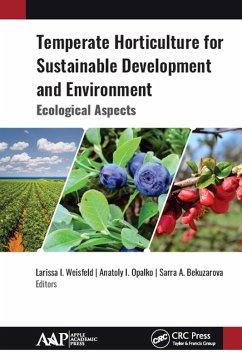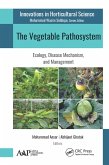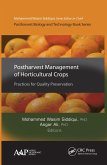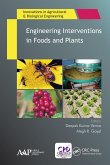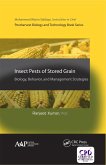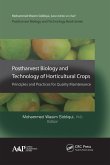Part 1, Innovation in the Field of Vegetable Growing, looks at several completely new methods for increasing the yield of potatoes and cucumbers. The second part. The Arctic Berries: Ecology and Biochemistry presents an abundance of data on the phytocenotic properties of wild-growing and cultivated berry plants and of arctic raspberry and blueberry in natural populations of taiga zones. The authors studied berry crops, cranberry, Arctic bramble, blueberry, Arctic raspberry, cowberry, growing on the boggy soil and peatlands in taiga zones.
Part 3, Decorative Plants: Breeding and Biochemistry, provides an overview of winter garden plants and their successful cultivation, looks at the range of resistance to salinization and other stresses of ornamental plants growing, and presents a biochemical analysis of biological active compounds and antioxidants among various species of the genus Aloe.
Part 4, on Fruit Growing and Breeding, reviews various technologies for the cultivation of various fruits and presents an overview of data on breeding rare fruit crop.
This volume will be useful for the scientific community, ecologists, geneticists, breeders, and industry professionals interested in using science to implement practical applications in production of fruits, vegetables, and flowers.
Dieser Download kann aus rechtlichen Gründen nur mit Rechnungsadresse in A, B, BG, CY, CZ, D, DK, EW, E, FIN, F, GR, HR, H, IRL, I, LT, L, LR, M, NL, PL, P, R, S, SLO, SK ausgeliefert werden.

